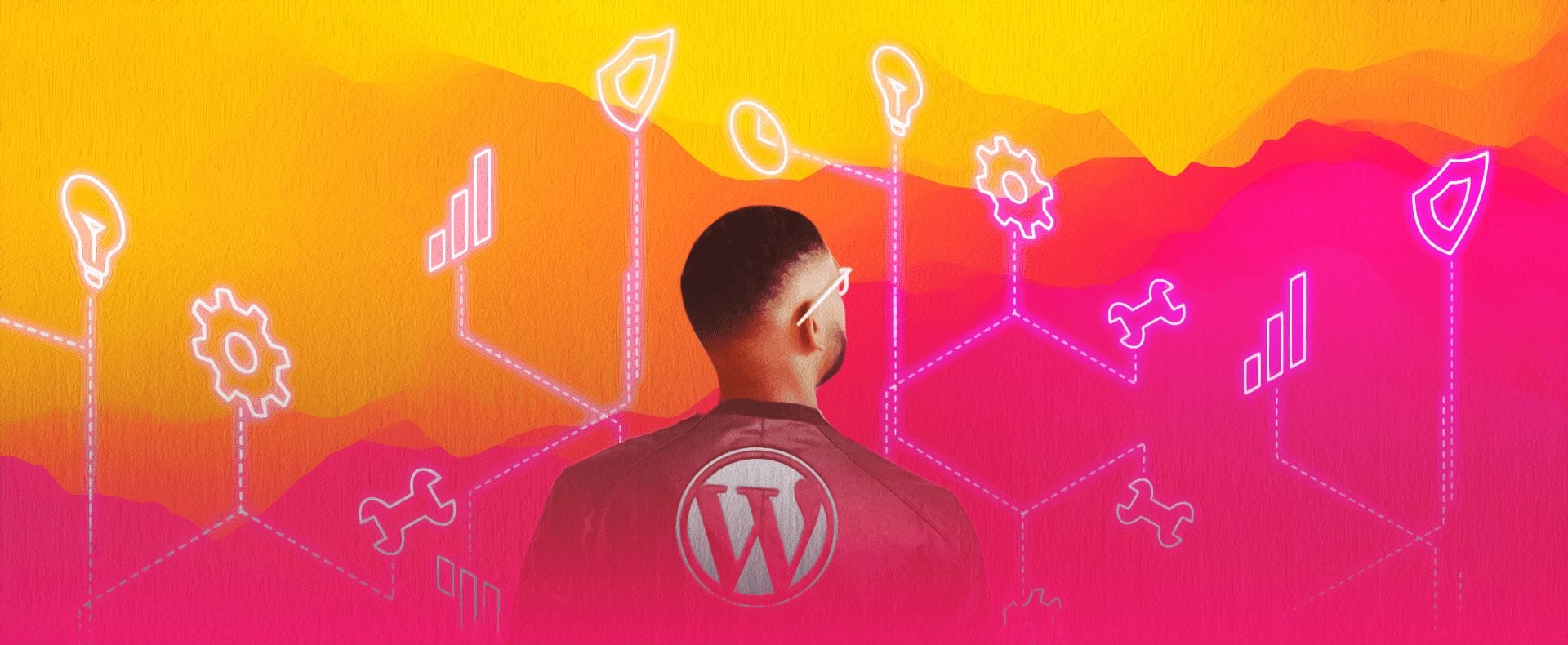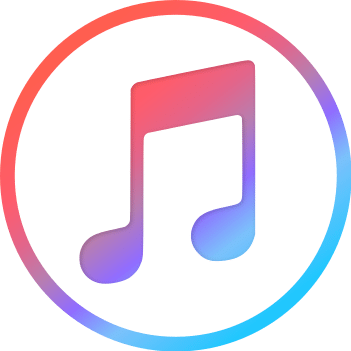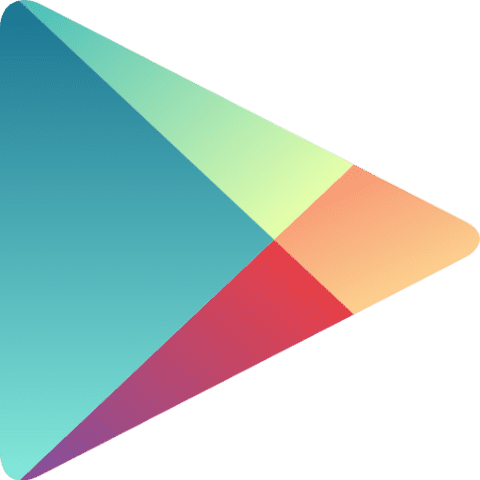Every day we strive to head towards a more diversified and inclusive WordPress space that is representative of everyone.
Tune in to today’s episode of WPMMR to hear from our guests who are some of the amazing women of WordPress!
Listen to full episodes below:
- E66 – Hermione on the powerful women of WordPress (Amy Masson, Women in WP)
- E65 – Ginny Weasley on actively creating more inclusive WordPress world (Allie Nimmons, GiveWP)
- E44 – Veronica Mars on making the web fully accessible (Rachel Cherry, WPCampus)
- E34 – Wonder Woman on providing churn lowering support (Michelle Ames, Give)
- E71 – Doctor Who on educating and diversifying the WordPress community (Angela Bowman, Women In WP)













Recent Comments